Pope Francis: The death penalty does not bring justice, it is a poison for society
The book “A Christian on death row. My commitment to the condemned” by Dale Racinella, published by Libreria Editrice Vaticana with a prologue by Pope Francis, tells the story of Racinella, a former Wall Street lawyer, who since 1998, together with his wife Susan, has spiritually accompanied those condemned to death in Florida penitentiaries as a lay chaplain
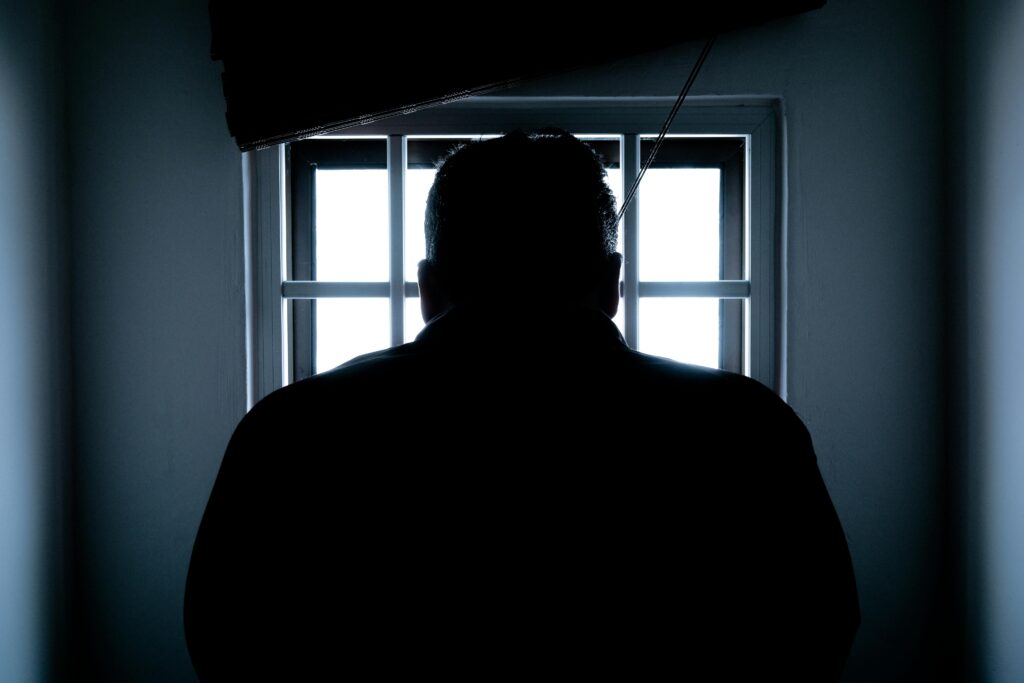
The Gospel is the encounter with a living Person who changes life: Jesus is capable of revolutionizing our projects, aspirations, and perspectives. To know him is to fill our existence with meaning because the Lord offers us the joy that never passes. Because it is the very joy of God.
The human story of Dale Recinella, whom I met at an audience, got to know better through the articles he wrote over the years for ‘L’Osservatore Romano’ and now through this book, which touches the heart, is a confirmation of what has been said: only in this way can one explain how it was possible for a man, with other goals in mind for his future, to become a chaplain, as a lay Christian, husband and father, to those condemned to capital punishment.
This is a very difficult, risky, and arduous task to carry out, because it touches on evil in all its dimensions: the evil done to the victims, and which cannot be repaired; the evil experienced by the condemned, knowing that he is destined for certain death; the evil that, with the practice of capital punishment, is instilled in society. Yes, as I have said repeatedly, the death penalty is by no means the solution to the violence that can befall innocent people. Executions, far from bringing justice, feed a feeling of revenge that becomes a dangerous poison for the body of our civilized societies. States should be concerned with allowing prisoners to change their lives, instead of investing money and resources in repressing them, as if they were human beings who no longer deserve to live and who must be disposed of. In his novel The Idiot, Fyodor Dostoevsky impeccably sums up the logical and moral unsustainability of the death penalty in the following way, speaking of a man sentenced to capital punishment: “It is a violation of the human soul, nothing more! It is said: ‘Thou shalt not kill’, and instead, because he has killed, others kill him. No, this should not exist.” Precisely, the Jubilee should commit all believers to calling unequivocally for the abolition of the death penalty, a practice which, as the Catechism of the Catholic Church says, “is inadmissible because it attacks the inviolability and dignity of the person!” (n. 2267).
Furthermore, Dale Recinella’s actions, not to mention the important contribution of his wife Susan reflected in the book, are a great gift to the Church and to the society of the United States, where Dale lives and works. His commitment as a lay chaplain, in a place as inhuman as death row, is a living and passionate testimony to the school of God’s infinite mercy. As the Extraordinary Jubilee of Mercy has taught us, we must never think that there can be one of our sins, one of our mistakes or one of our actions that will definitively distance us from the Lord. His heart has already been crucified for us. And God can only forgive us.
Of course, this infinite divine mercy can also scandalize, as it scandalized so many people in the time of Jesus, when the Son of God ate with sinners and prostitutes. Brother Dale himself faces criticism, rebukes and rejections for his spiritual commitment at the side of the condemned. But isn’t it true that Jesus embraced a thief condemned to death? Well, Dale Recinella has understood and testifies with his life, every time he passes through the doors of a prison, especially the one he calls “the house of death”, that God’s love is unlimited and without measure. And that even the most vile of our sins does not disfigure our identity in the eyes of God: we remain his children, loved by him, cherished by him and considered precious.
To Dale Recinella, therefore, I want to say a sincere and heartfelt thank you: because his action as a chaplain on death row is a tenacious and passionate adherence to the most intimate reality of the Gospel of Jesus, which is the mercy of God, his free and unfailing love for every person, even for those who have done wrong. And that precisely from a look of love, like that of Christ on the cross, they can find a new meaning to their living and, also, to their dying.
Related
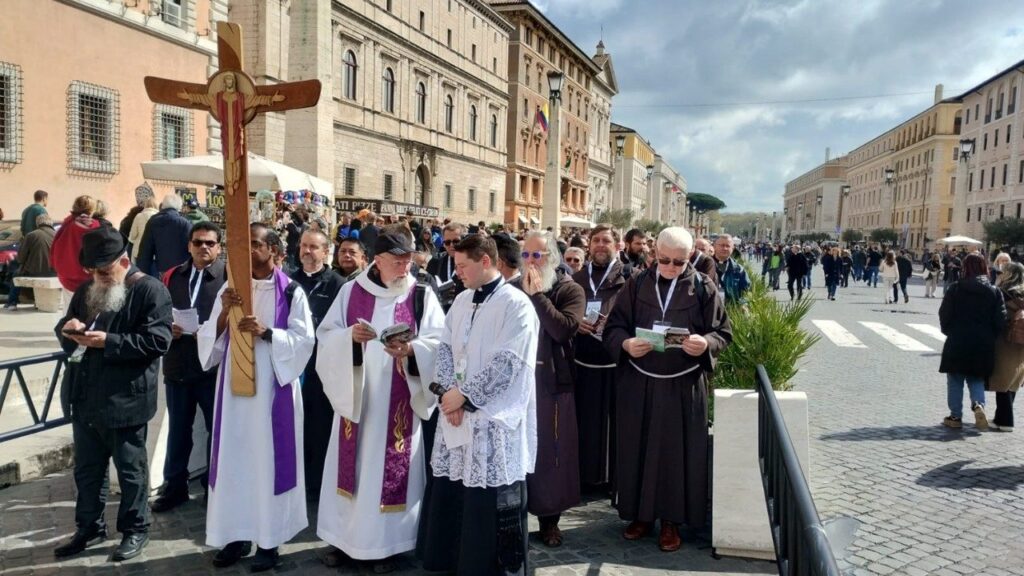
The Pope to the Missionaries of Mercy: God became man to reveal to the world that he never abandons us!
Exaudi Staff
30 March, 2025
2 min
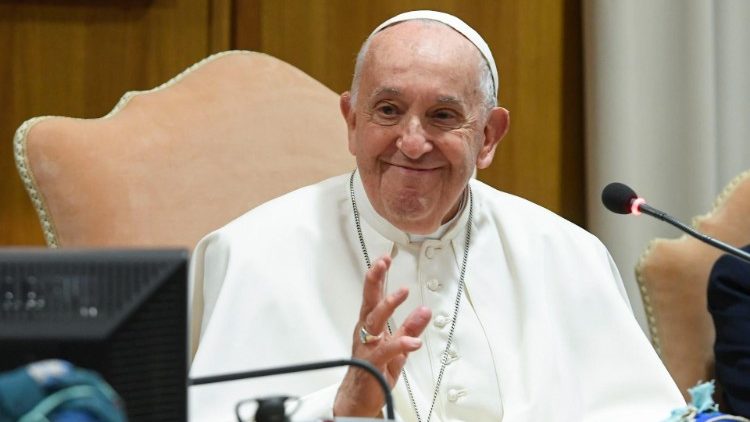
God’s Mercy and the Call to Peace in Pope Francis’ Angelus
Exaudi Staff
30 March, 2025
3 min
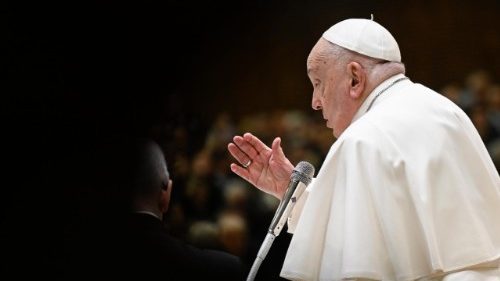
Pope Francis Improves and Prays for Myanmar Earthquake Victims
Exaudi Staff
28 March, 2025
1 min
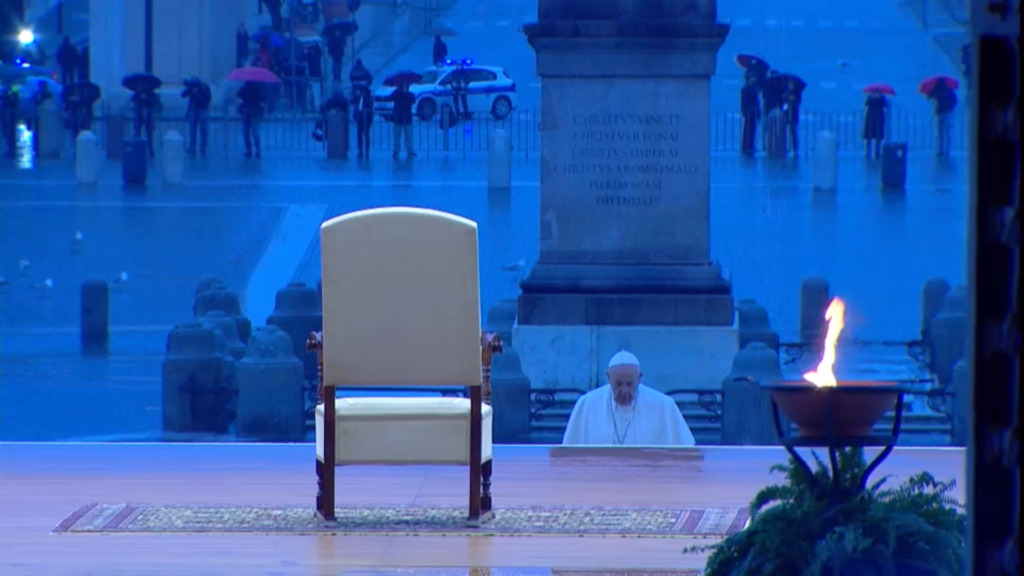
Five Years After Statio Orbis: Hope in the Midst of the Storm
Exaudi Staff
27 March, 2025
2 min
 (EN)
(EN)
 (ES)
(ES)
 (IT)
(IT)

